Partners
 British
Council
British
Council
www.britishcouncil.org
The British Council operates at arm’s length from the UK government to
promote the English language, Arts and Education worldwide. The
founding Royal Charter outlined its mission as “promoting abroad a wider
appreciation of British culture and civilisation [by] encouraging cultural,
educational and other interchanges between the UK and elsewhere”.
In line with this Charter, the British Council brings high quality
English materials to learners or teachers around the world. It
also delivers English teaching and trains teachers by radio, web and
broadcast in developing and post conflict countries. In the Arts, the
British Council works with the best of British and international artistic
and creative talent to develop events and collaborations linking
artists, organisations and audiences worldwide. In addition to
staging shows and exhibitions, it partners with others on joint Arts
projects and helps develop creative leadership, professional networks and
cultural educational programmes worldwide. The British Council’s focus
in education is on bringing an international dimension to
education in schools, technical colleges and universities, on raising
educational standards by sharing the UK’s expertise and on encouraging the
best international students to study in the UK.
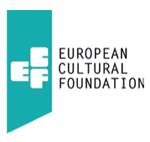 European
Cultural Foundation
European
Cultural Foundation
www.culturalfoundation.eu
The European Cultural Foundation (ECF) – an independent grant-making and
operational foundation based in Amsterdam – has invested for nearly 60 years
in Europe as a political and cultural project through the
promotion of transnational cultural cooperation and practice-based policy
development. ECF believes in the power of culture to build open,
inclusive and democratic societies and, as such, considers investment in
culture as an invaluable means for building Europe . It
initiates and supports cultural exchange and creative expression across
wider Europe through our grants, programmes, advocacy, awards, events and
digital platforms.
Three guiding principles inspire our work: empowerment of
individuals and communities through art and culture, connecting sources of
knowledge, and linking policy and practice. At present, the ECF has two
flagship programmes (Youth and Media and European Neighbourhood) three grant
streams, two awards, and is actively involved in two campaigns, Wearemore
and
More
Europe. Digital knowledge platforms engage the ECF community across
borders, disciplines, policy areas and special fields of interest in
reflection on the place of the arts and culture in the project Europe.
ECF’s vision of an open and inclusive Europe cannot be achieved
without reflecting on the potential of culture in the EU’s external
relations. This is why ECF has decided to underpin More Europe
and hereby to contribute to assessing the power of culture in advancing
foreign policy objectives, providing evidence from practice and
campaigning with public and civic actors for a strong and compelling
cultural dimension within the EU’s external relations strategy.
The ECF is committed to the goals of the initiative and considers it as a
strategic step towards the achievement of its vision.
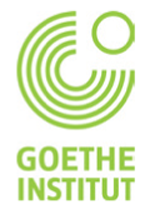 Goethe-Institut
Goethe-Institut
www.goethe.de/ins/be
The Goethe Institute is the cultural institution of the Federal Republic of
Germany, and operates worldwide. The institute promotes the study of
the German language abroad and encourage international cultural
cooperation. In addition, it provides a comprehensive picture
of Germany by furnishing / offering information about the cultural, social
and political life. The network of 150 Goethe Institute branches has been
performing key tasks of foreign cultural and educational policy and through
their projects, promoting a dialogue-oriented cultural exchange. The
Goethe Institute sees itself increasingly as a European
institution. Its many initiatives and projects planned and
implemented in a multilateral context are carried out within a framework of
deeper European cooperation in which cultural diversity is
encouraged to flourish for the common good. Along with the
merger of the the European Cultural Institutes (EUNIC),
the Goethe Institute aims to be an important partner for the recently
created European External Action Service.
The Goethe Institute calls for more culture in Europe’s external relations,
i.e. a new style of cultural diplomacy, whereby Europe contributes to the
international dialogue outside its borders. The Goethe Institute sees Europe
mainly as a cultural project. Cultural relations are the driving forces of
economic, social and human development and play a significant role in
strengthening the structures of civil society. The Goethe Institute is
convinced that Europe’s cultural foreign representation can only operate
successfully if it puts its partnership and participatory principles
actively into practice. According to the Goethe Institute, More
Europe will aim at achieving the following challenges: having the
courage to engage in a cultural world a dialogue on an equal footing
with civil society instead of a new archaic “cultural import/export
showroom“.
 Institut
français
Institut
français
www.institutfrancais.com
The Institut français is the heir to a long tradition. As such it is working to spread and share the French language and culture, seeking to convey a message of diversity and dialogue to the world.The Institut français is the agency responsible for the conduct of France’s external cultural actions, under the supervision of the Ministry of Foreign and European Affairs. It was created in January 2011 to channel new energy into the promotion of cultural initiatives outside France, working closely with France’s cultural network of 132 Instituts français and more than 400 Alliances Françaises under contract with the Ministry of Foreign and European Affairs around the world. The Institut français promotes the emergence of contemporary works. It supports the dissemination of works and ideas. It encourages the circulation of projects in a spirit of exchange and cooperation. Last but not least, it emphasises the dialogue with foreign cultures via a policy of listening, openness and sustainable partnerships.
Xavier Darcos, President of the Institut français.
Based upon its experience, the Institut français strongly believes in art and culture as strategic tools for building bridges between people and communities. Through cultural cooperation one learns to explore and appreciate differences and similarities. Beyond the benefit of a better mutual understanding, culture is a laboratory for creativity and innovation and a catalyst for economic development in first world countries as well as emerging countries (cultural and creative industries, digital art, web 2.0). Through its involvement in the More Europe campaign, the Institut français – and its partners – shares the conviction that culture cements European identity. Culture is an asset that would enrich and strengthen the EU’s external relations.
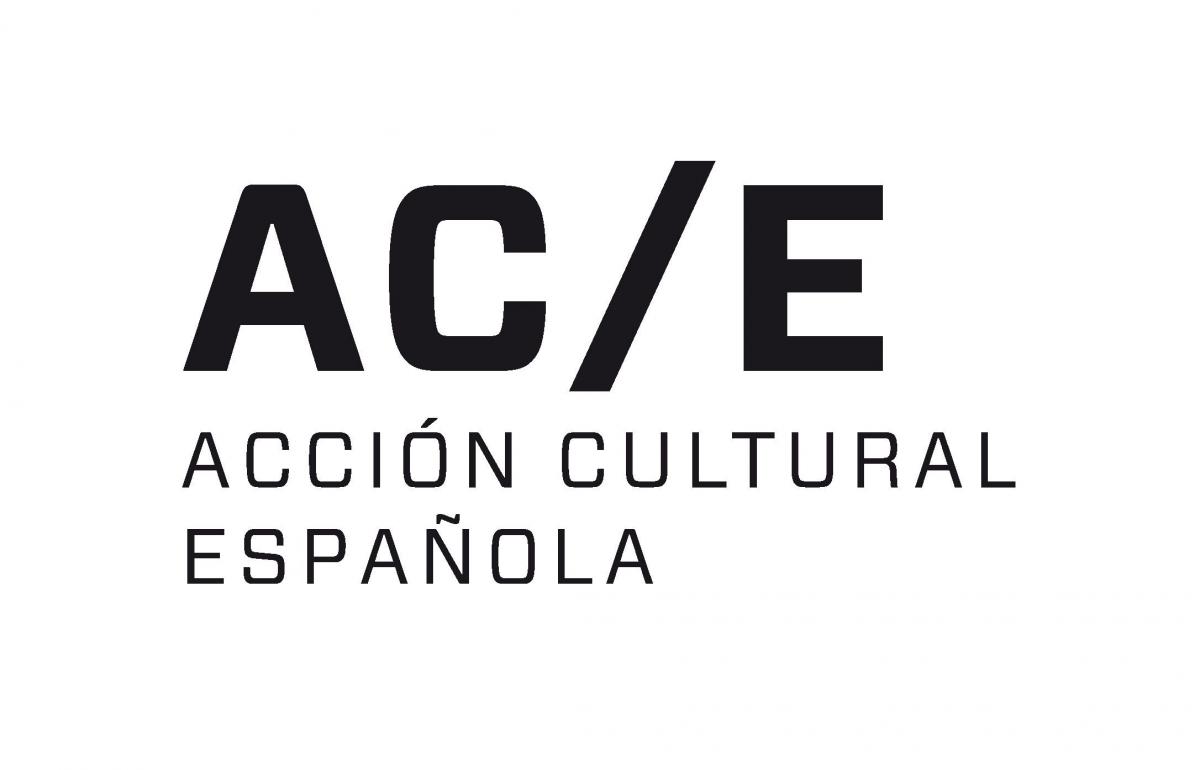 Stiftung
Mercator
Stiftung
Mercator
www.stiftung-mercator.de/en/
Stiftung Mercator is a private and independent foundation. Through its work it strives for a society characterized by openness to the world, solidarity and equal opportunities. In this context it concentrates on strengthening Europe; increasing the educational success of disadvantaged children and young people, especially those of migrant origin; driving forward climate change mitigation and promoting science and the humanities. Stiftung Mercator symbolizes the connection between academic expertise and practical project experience. One of Germany’s leading foundations, it is active both nationally and internationally. Stiftung Mercator feels a strong sense of loyalty to the Ruhr region, the home of the founding family and the foundation’s headquarters.
 Acción
Cultural Española (AC/E)
Acción
Cultural Española (AC/E)
www.accioncultural.es
Acción Cultural Española (AC/E) is a public institution whose purpose is to foster and promote Spain’s culture and heritage within and beyond our borders through a wide-ranging programme of activities including exhibitions, conferences, cycles of lectures, cinema, theatre, music, audio-visual productions and initiatives designed to encourage the mobility of professionals and artists.
AC/E is a flexible and effective instrument for projecting an image of Spain as a talented country that is innovative and dynamic in its artistic production and proud of its legacy. Culture, language, historic heritage and contemporary creation are essential components of Spain’s image.
 Allianz
Kulturstiftung
Allianz
Kulturstiftung
www.allianz-kultuurstiftung.de
Since its establishment in 2000, the Allianz Cultural Foundation has
initiated and sponsored transnational, cultural and educational projects
throughout Europe. Europe – in the broadest sense – is the
field of action of the Foundation, with a focus on the countries bordering
the Mediterranean Sea.
Together with national and international partner organisations, Allianz
Kulturstiftung primarily funds multinational, intercultural and cooperative
projects that enhance cultural exchange, dialogue and mutual
understanding within the framework of European integration. The
Foundation promotes artistic and educational projects addressing
young and talented individuals in the areas of literature and
translation, performing and visual arts and music as well as architecture
and city planning. Through that support, the Foundation aims at actively
encouraging those who will actively help in shaping the 21st
century. Moreover the Foundation seeks to build cultural
bridges for young people in Europe and to create a civil society based on
common European motives and values.
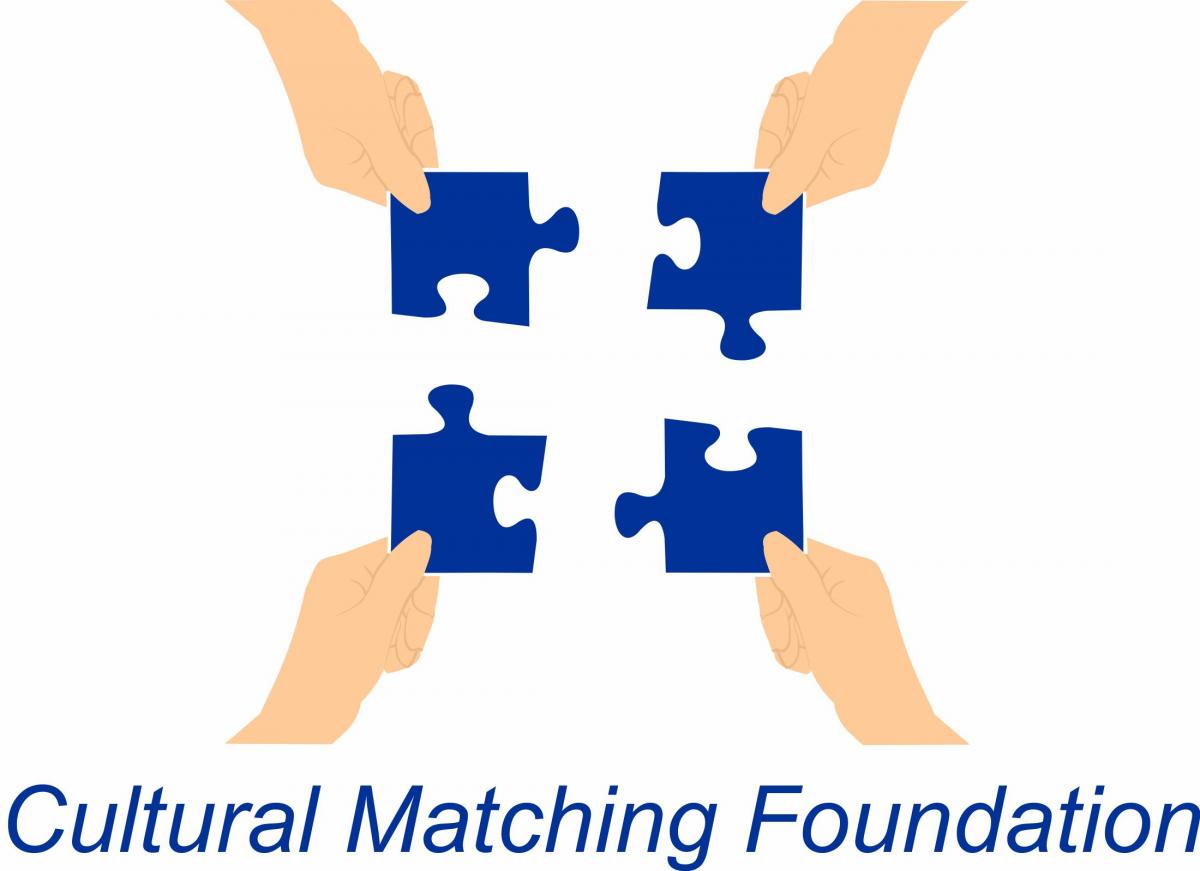 Cultural
Matching Foundation
Cultural
Matching Foundation
www.culturalmatching.eu
Cultural Matching Foundation is the only Italian initiative
active in the European Cultural Diplomacy field, with the aim
of highlighting and reinforcing the role of culture in the European Union’s
external relations as a whole, to bring culture to the mainstream of the
political decision-making, and to turn research in the field into action. In
particular, CMF calls on all the national relevant stakeholders to work
together and coordinate their activities with their EU and external
counterparts in order to build on a common vision and avoid wasting energy
and financial resources due to parallel, uncoordinated actions of the
various EU entities.
CMF’s main objectives are:
- Sound and innovative contribution to the integration of a truly cultural dimension into different areas of international relations as a vital element in the EU’s external relations, in particular by integrating a genuine European dimension in the relevant national processes;
- Revitalizing the role of the national and local cultural stakeholders (foundations, cultural institutes, private funds and entities, business sector, philanthropists, etc.), driving them towards a more strategic approach to foster the European dimension of their activities and projects;
- Overcoming the difficulty in envisaging cultural co-operation within and with the EU as an entity;
- Fostering an effective linkage between the political and economic objectives and the cultural field so as to exploit the economic dimension of culture;
- Improve the communication and coordination among the relevant players
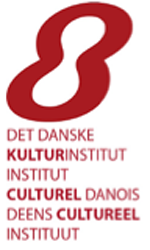 Det
Danske Kulturinstitut
Det
Danske Kulturinstitut
www.danishculture.eu
The Danish Cultural Institute is an independent institution
established in 1940, under the Danish Ministry of Culture. The
Danish Cultural Institute has its headquarters in Copenhagen, Denmark and
offices in the United Kingdom, Benelux, Poland, Hungary, Russia, Latvia,
Estonia, Lithuania, China and Brazil. They opened their office here in
Brussels covering Benelux in 1948. From years of experience, the staff at
the Danish Cultural Institute/Benelux has gained a thorough and
comprehensive knowledge of Denmark and other countries and has developed
strong cultural networks. Their staff offers professional expertise
in the organisation of cultural events, dialogue, information, and
more.
For The Danish Cultural Institute, the More Europe initiative means an
increasing development in a common Europe to be able to interact with each
other and the rest of the world with a far larger degree of mutual respect
and understanding. One can say, that it is about strengthening our
intercultural competencies; not only within Europe but throughout the
global community. More Europe is a necessary and crucial way
for strengthening European outreach and – like the whole idea behind the
European project – an important way to secure peace and prosperity in our
generation and generations to follow.
 Gulbenkian
Foundation
Gulbenkian
Foundation
www.gulbenkian.pt
The Calouste Gulbenkian Foundation is a Portuguese private institution of
public utility whose statutory aims are in the fields of arts,
charity, education and science, through a wide range of direct
activities and grants supporting projects and programmes. The premices of
the Foundation comprise the head-office itself, a Museum, a large
auditorium, a space for temporary exhibitions, a congress area and an Art
Library; the Foundation also has a delegation in the United Kingdom (UK
Branch) and a centre in Paris (the Calouste Gulbenkian Cultural Centre). The
Calouste Gulbenkian Foundation has an orchestra and a choir that perform
throughout the year within a regular season, and organise solos and
collective exhibitions of work by Portuguese and foreign artists.
It also organises international conferences, meetings and courses,
awards subsidies and scholarships for specialist studies and doctorates
in Portugal and abroad, and supports programmes and projects of
a scientific, educational, artistic and social nature. Moreover, the
Foundation is actively involved in publishing, especially through
its programme for university textbooks. It also fosters
co-operation projects with Portuguese-speaking African countries and East
Timor pursuing the Millennium goals, promotes Portuguese culture abroad, and
operates a programme to preserve evidence of the Portuguese presence in the
world.
 IFA
IFA
www.ifa.de
The Institute for Foreign Cultural Relations (Institut für
Auslandsbeziehungen – ifa) operates worldwide to promote artistic exchange
and dialogue between civil societies. IFA organises exhibitions of German
contemporary art, architecture and design worldwide, and funds exhibition
projects and awards scholarships for artists. The ifa galleries in Stuttgart
and Berlin feature contemporary art, architecture and design from Africa,
Asia, Latin America and Eastern Europe. IFA brings together people
from different cultures through exchange programmes and international
conferences, and thus fosters civil conflict resolution and
transformation work, e.g. through its “zivik” programme. It
orchestrates media training programmes and youth conferences in countries
neighbouring the EU, and also funds, supports and develops individuals and
projects in Central, Eastern and Southeastern Europe and the Islamic
world.
The new EU programme “Creative Europe” stands for a paradigm change: from a
cultural policy to a policy of competition, from the project of a cultural
Europe towards a Europe of creative economies. It is therefore a
good occasion to reflect and reconsider Europe as a continent with a
host of cultures, and as a Europe for Europeans – not as a region of
economic spheres. If we do not remember Europe’s position as a
cultural project, which is in ifa’s opinion the only basis for a new and
necessary vision of Europe, then the community is reduced to administrative
functions, financial streams and economic indicators.
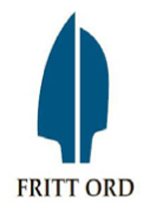 Fritt
Ord
Fritt
Ord
www.fritt-ord.no
Fritt Ord is a Norwegian private foundation, whose aim is to support freedom of expression and a free press. It was established on 7 June 1974 by Narvesen Kioskkompani’s leaders Jens Henrik Nordlie and Finn Skedsmo as well as the lawyer Jens Christian Hauge.

